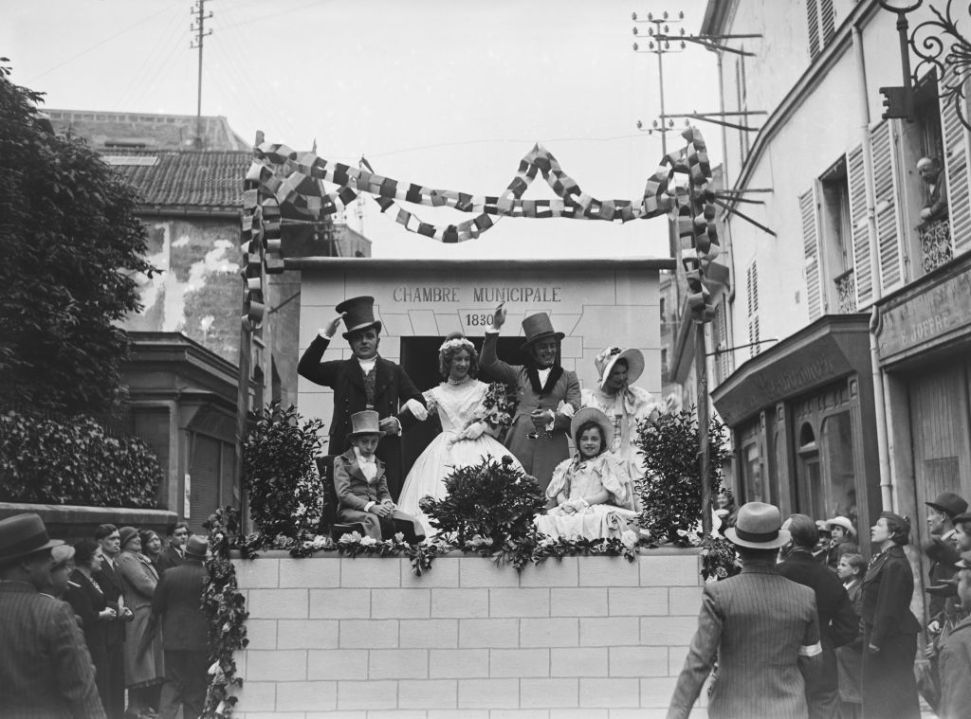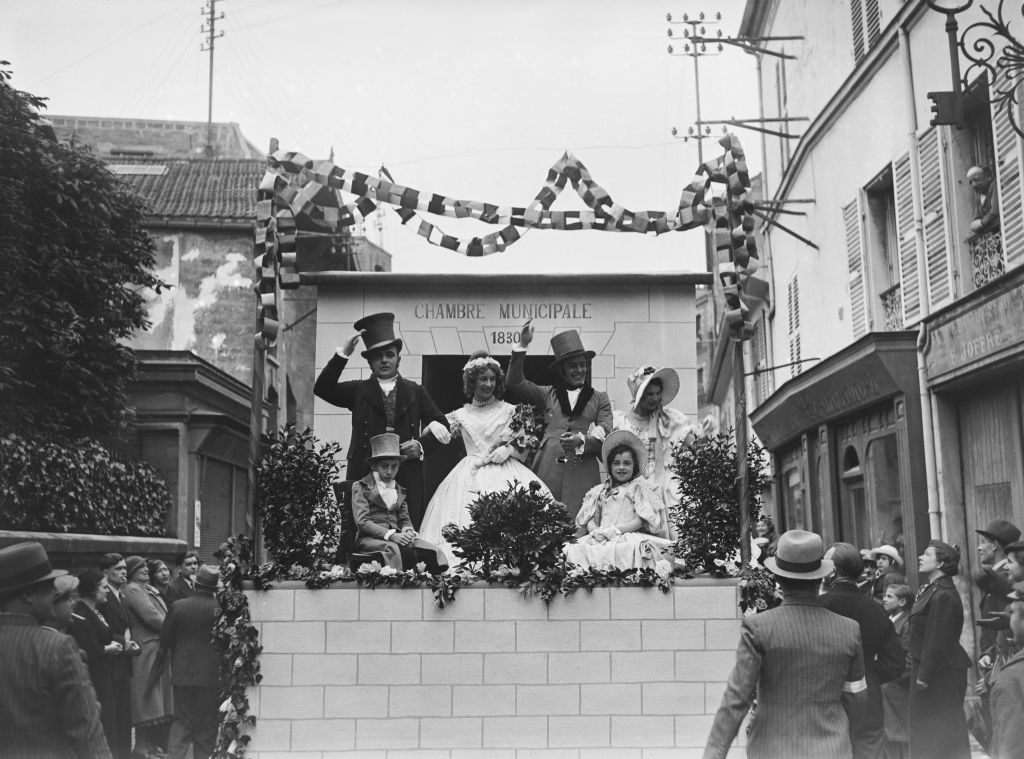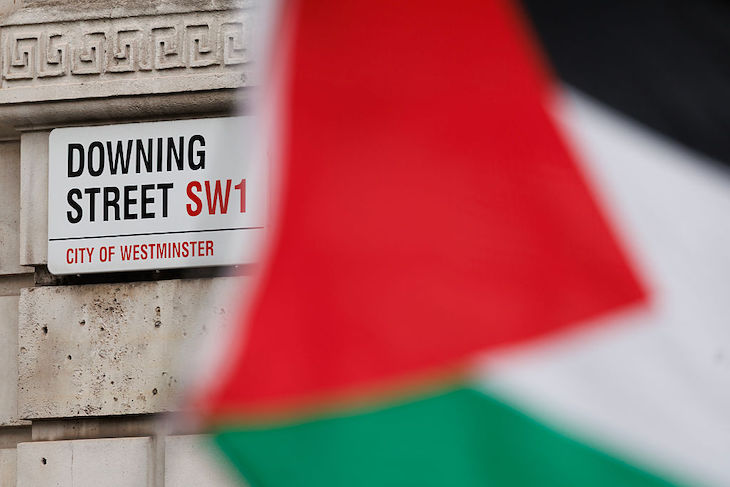Every summer in small French towns from Créon in the Gironde to Salency in the Oise, a young woman dressed in white walks through the square, crowned with a wreath of roses. She’s the rosière, the rose queen, chosen by her town for her modesty, kindness and civic spirit. The crowning is part of the village fête, a day of processions, music and dancing that celebrates community life. The fêtes de la rosière date back to the fourteenth century, when Saint Médard, Bishop of Noyon, is said to have founded the first ceremony to reward the most virtuous girl of his village, meaning, in the language of the time, the most chaste and upright one. The tradition rested on Christian ideas of virtue, family, and duty.
In the capital, culture is downstream of ideology. In the countryside, it remains a matter of belonging
Last week, France’s National Committee for Intangible Cultural Heritage, reviewed the fêtes de la rosière for Unesco submission. The Ministry of Culture decided to block the application and not send it to Unesco, concluding that the ceremony was not ‘in agreement with the principles of gender equality and women’s rights’. On the basis that it’s not progressive enough, the French state censored its own tradition before Unesco could even see it.
The episode exposes the gulf between Paris and the provinces. In the capital, culture is downstream of ideology. In the countryside, it remains a matter of belonging. For the towns in question, the fête is not about gender at all but about community, a world the culture ministry no longer understands.
The decision stunned local mayors. Michel Dufranc of La Brède denounced it as ‘woke’. The ceremony ‘only bothers a small segment of society’, he told Le Figaro. ‘Intergenerational bonds, purity of manners and generosity are universal values’. Caroline Jault, deputy mayor of La Brède and organiser of her town’s event, called it ‘disgusting’ that a living rural custom should be dismissed for its moral symbolism.
The fête de la rosière honours what villagers call ‘la noblesse de cœur’, the nobility of heart of a young woman devoted to her elders and her community. She is crowned with roses, violets and a cornflower, representing innocence, virtue, fidelity and hope. Forty-five French villages still hold the ceremony, and nowadays the rosière is chosen from volunteers rather than by family reputation. The typical rosière of 2025, said anthropologist Zoé Oliver, is ‘a medical student who referees handball matches on weekends, visits her grandparents and helps her parents in their shop’. The festival has evolved with the times. What has not changed is that it still celebrates decency and duty, ideas that the Ministry of Culture apparently finds offensive.
The French government did not wait for Unesco’s verdict, but it perhaps anticipated it. It knows that offending leftist conceptions has replaced pride in national heritage.
Among the traditions Unesco did approve last year is the betashar of Kazakhstan, a medieval veil-lifting ritual in which a bride’s face is unveiled before her husband and wedding guests. While France’s crowning of a virtuous white girl in a churchyard is an affront to equality, Kazakhstan’s unveiling of a submissive bride passes without comment.
Unesco also happily lists and protects Kabuki, Japan’s theatre where women have been banned from performing for four centuries. It celebrates the Tango, whose choreography revolves around masculine dominance and seduction. It even inscribes Alardah Al-Najdiyah, Saudi Arabia’s men-only sword dance, and Al-Qatt Al-Asiri, a women-only decorative art.
But as the ministry of culture knows, gender segregation abroad is culture, but a girl in a white dress at home is oppression. In theory, heritage belongs to the communities that practise it. But in Europe traditions are subject to the ideological veto of progressive bureaucrats.
France once prided itself on being the guardian of civilisation. Its painters, poets and priests shaped the moral imagination of Europe. To see it renounce a tradition that celebrates modesty and service, for fear of offending a committee, is to glimpse a civilisation that doubts its own worth.
A rose crown once symbolised virtue, family and belonging. Now it’s become a cultural offence. Those who once preserved heritage now police it.









Comments